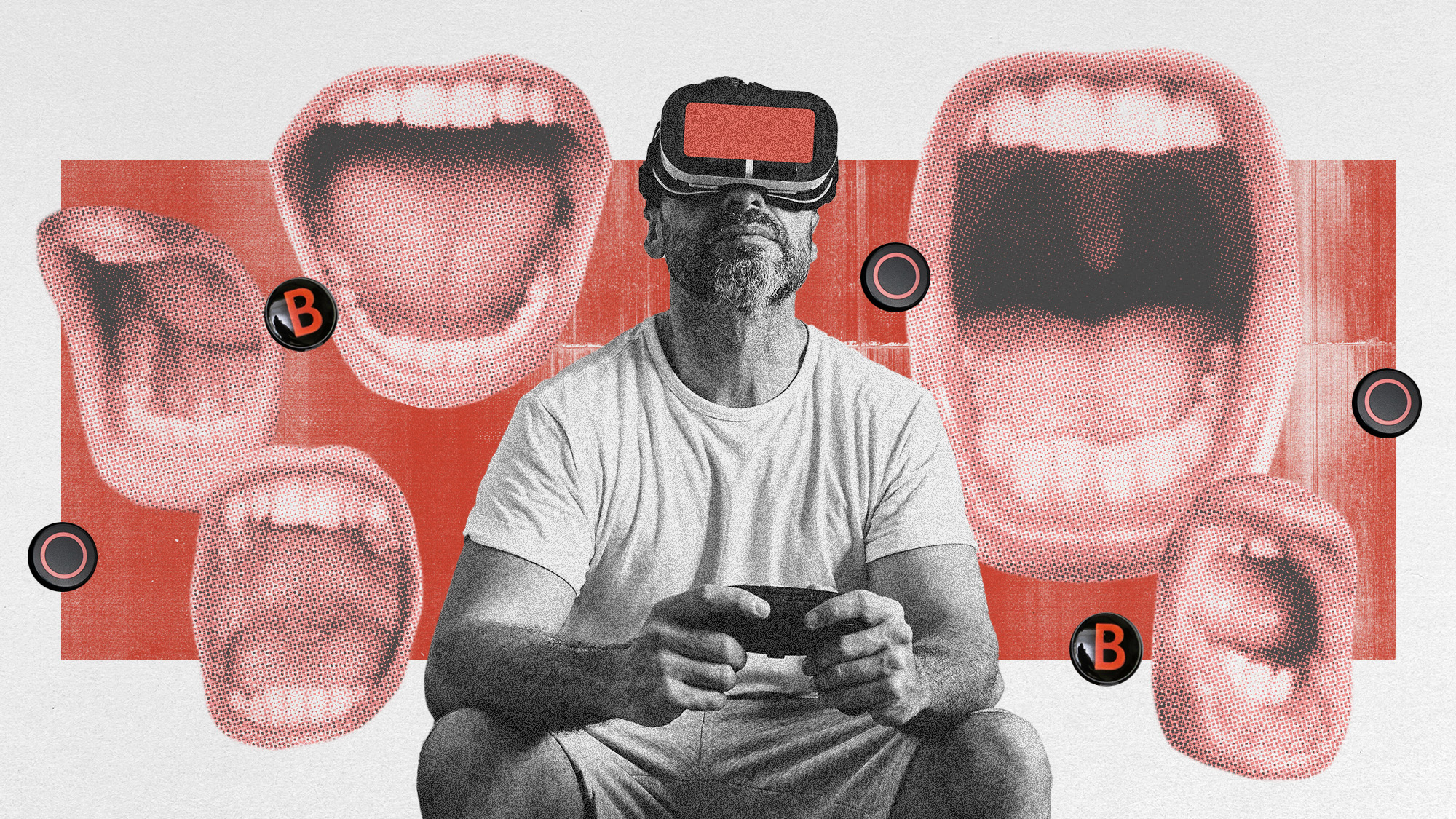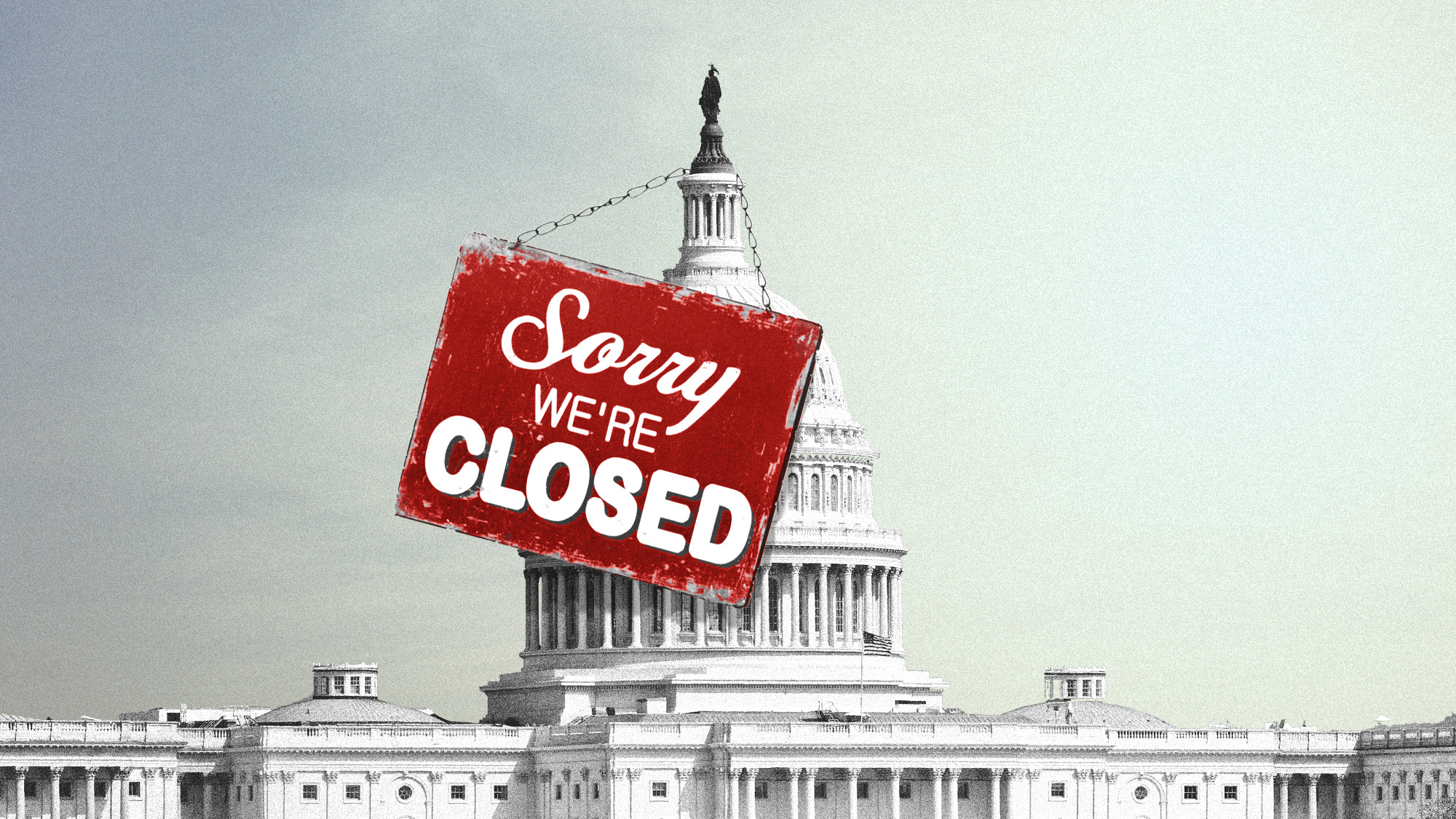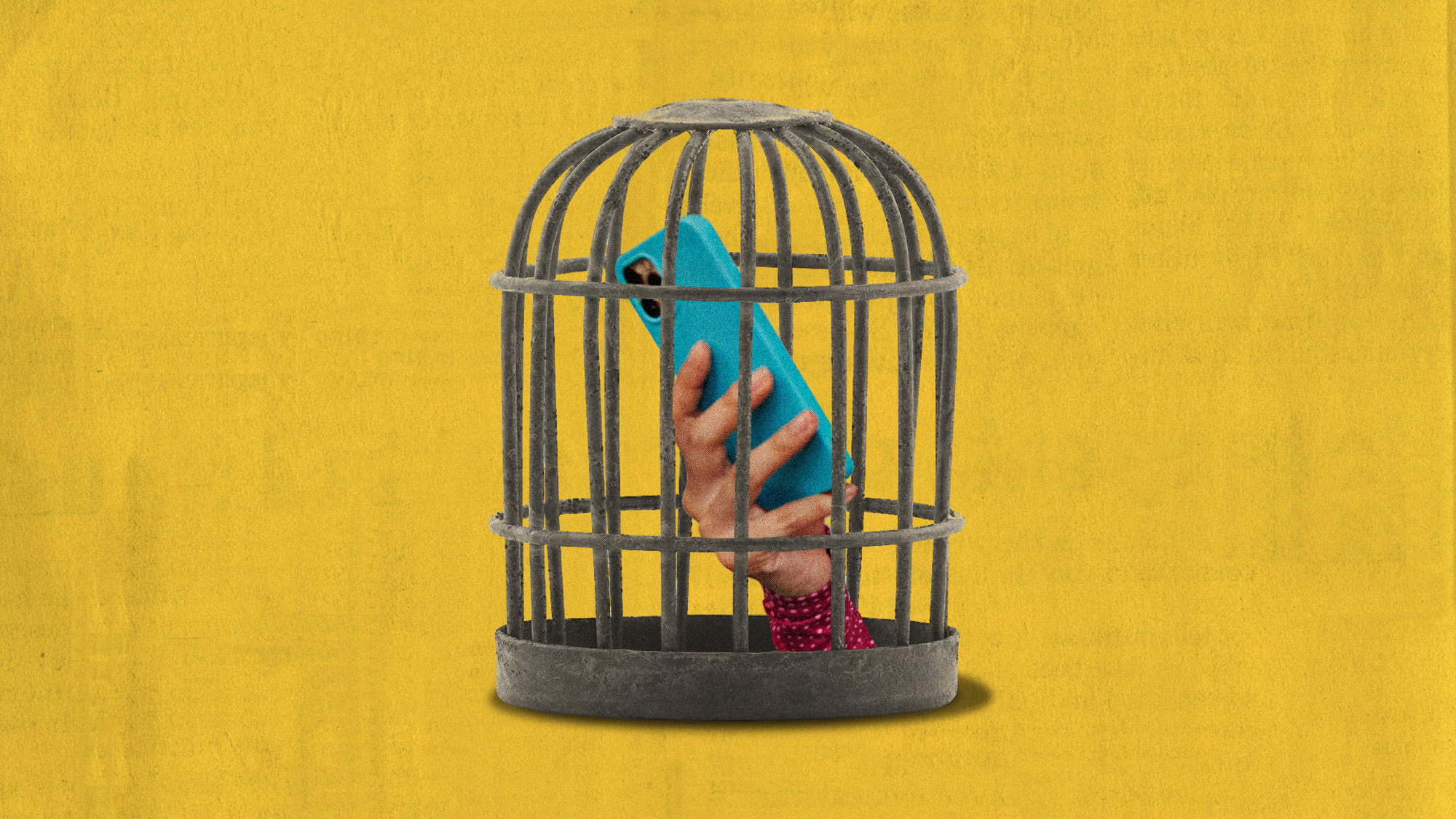Gamergate 2.0: Extremism in video games sees another reckoning
The culture wars rage on in the digital world


A free daily email with the biggest news stories of the day – and the best features from TheWeek.com
You are now subscribed
Your newsletter sign-up was successful
A decade ago, an online harassment campaign against three female video game professionals was dubbed Gamergate. It "formalized the playbook for online harassment used by hate groups and the far right," Wired said.
Recently, a similar campaign against a narrative design company called Sweet Baby, Inc. (SBI) has some calling this Gamergate 2.0, "invoking the online harassment campaign that erupted into a culture war." The coordinated attacks share several similarities, including "attacks aimed primarily at women and people of color," based on the idea that video game culture is for cis white men alone and is being stolen from them.
The firestorm that Sweet Baby and its defenders are facing is part of a larger problem that has caught the attention of the FBI and the Department of Homeland Security (DHS), according to a recently released government report. Together, these events convey a growing problem with extremism in the video game industry.
The Week
Escape your echo chamber. Get the facts behind the news, plus analysis from multiple perspectives.

Sign up for The Week's Free Newsletters
From our morning news briefing to a weekly Good News Newsletter, get the best of The Week delivered directly to your inbox.
From our morning news briefing to a weekly Good News Newsletter, get the best of The Week delivered directly to your inbox.
How Sweet Baby Inc. became enemy number one
Wired said the backlash against the Montreal-based narrative development and consulting company started around the release of the "Spider-Man 2" and "Alan Wake II" games in fall 2023. Sweet Baby's social media comment section was overrun with hateful comments, many of which trumpeted the idea that the company was responsible for the "wokeification" of video games, Kim Belair, the company's CEO, said to Wired. In the following weeks, the abuse increased as conspiracy theories spread about Sweet Baby's involvement with the investment company BlackRock. "People want to believe that our work is surgically removing the things." Belair said. "That's just not the reality of it."
In truth, the company functioned like a Hollywood script doctor and had "no actual say on what makes it into the final game," PC Gamer said. Still, a group called "Sweet Baby Inc. detected" nonetheless led the charge against the company for pushing a "woke" agenda of diversity, equity and inclusion in video games. The group formed on Steam, a digital distribution platform for PC games, in late January 2024 and has since gained over 100,000 members. They highlight games they believe Sweet Baby has consulted on and discourage members from playing them.
Kotaku senior editor Alyssa Mercante infiltrated the group's Discord and spoke to a few members, who said they were concerned about "ideological worldviews that I believe have taken hold of the Western world, media and gaming as a whole" and "race and identity group quotas." After her report was published, Mercante became the target of online harassment.
This campaign gaining traction during an already contentious election year is not, to some, a coincidence. Large-scale organized harassment campaigns like Gamergate 2.0 "fuel — and are fueled by — political events,” mental health nonprofit Take This said in a statement. The organization's research director, Rachel Kowert, an expert on extremism and radicalization in video games, said that as "political rhetoric heats up" ahead of the presidential election, this type of online activity will increase, and it is "important to understand that these phenomena are interrelated."
A free daily email with the biggest news stories of the day – and the best features from TheWeek.com
The government is keeping track of gaming-world extremism
The growing presence of extremists on Steam and Discord has been well-documented in the last few years, and the American government has taken note. In its recent report, the Government Accountability Office (GAO) revealed that the FBI and Department of Homeland Security are coordinating with social media and gaming companies to "root out so-called domestic violent extremist content," Intercept said.
The GAO noted that while the two agencies have tools for exchanging information about potential threats related to domestic terrorism, neither the FBI nor DHS has "developed strategies and goals related to such information-sharing efforts." The report draws from interviews with Roblox, Discord, Reddit and a game publisher and social media company that asked to remain anonymous. The GAO found that the DHS intelligence office regularly meets with companies to discuss possible online activities promoting domestic violent extremism or other activities violating the companies' service terms. The FBI also receives tips from gaming companies about content with extremist views that would warrant further investigation, and the bureau, in turn, conducts briefings with the companies about purported threats.
Despite sharing information, the GAO warned that without a clear strategy or goals, the agencies might not be "fully aware of how effective their communications are with companies, or how effectively their information-sharing mechanisms serve the agencies' overall missions."
Theara Coleman has worked as a staff writer at The Week since September 2022. She frequently writes about technology, education, literature and general news. She was previously a contributing writer and assistant editor at Honeysuckle Magazine, where she covered racial politics and cannabis industry news.
-
 How the FCC’s ‘equal time’ rule works
How the FCC’s ‘equal time’ rule worksIn the Spotlight The law is at the heart of the Colbert-CBS conflict
-
 What is the endgame in the DHS shutdown?
What is the endgame in the DHS shutdown?Today’s Big Question Democrats want to rein in ICE’s immigration crackdown
-
 ‘Poor time management isn’t just an inconvenience’
‘Poor time management isn’t just an inconvenience’Instant Opinion Opinion, comment and editorials of the day
-
 Microdramas are booming
Microdramas are boomingUnder the radar Scroll to watch a whole movie
-
 The most notable video games of 2025
The most notable video games of 2025The Week Recommends Download some of the year’s most highly acclaimed games
-
 Video games to tackle this winter, including Marvel Cosmic Invasion and Metroid Prime 4: Beyond
Video games to tackle this winter, including Marvel Cosmic Invasion and Metroid Prime 4: BeyondThe Week Recommends A new entry for the Metroid Prime series makes it out of development hell, plus a sequel that brings back the chaotic comedic timing of ‘High on Life’
-
 The most downloaded country song in the US is AI-generated
The most downloaded country song in the US is AI-generatedUnder the radar Both the song and artist appear to be entirely the creation of artificial intelligence
-
 Rosalía and the rise of nunmania
Rosalía and the rise of nunmaniaUnder The Radar It may just be a ‘seasonal spike’ but Spain is ‘enthralled’ with all things nun
-
 DC tourism has taken a hit
DC tourism has taken a hitUnder the Radar The government shutdown has reduced tourist attractions
-
 Back to the future: Kids embrace ‘old school’ devices
Back to the future: Kids embrace ‘old school’ devicesUnder the radar From MP3s to sewing machines
-
 Video games to curl up with this fall, including Ghost of Yotei and LEGO Party
Video games to curl up with this fall, including Ghost of Yotei and LEGO PartyThe Week Recommends Several highly anticipated video games are coming this fall
